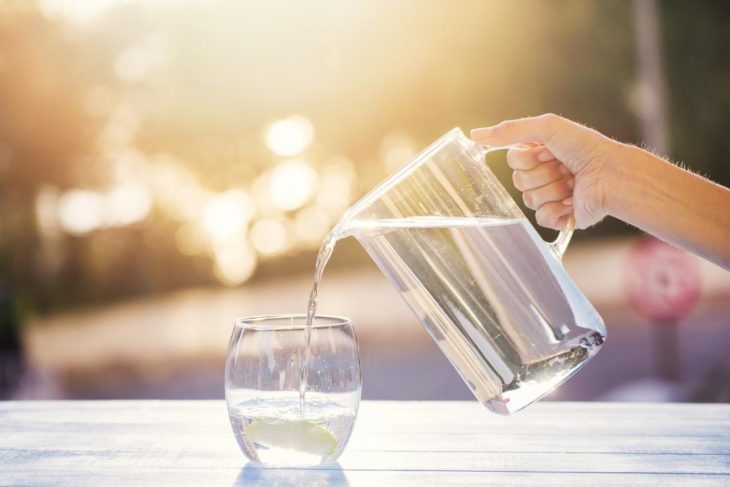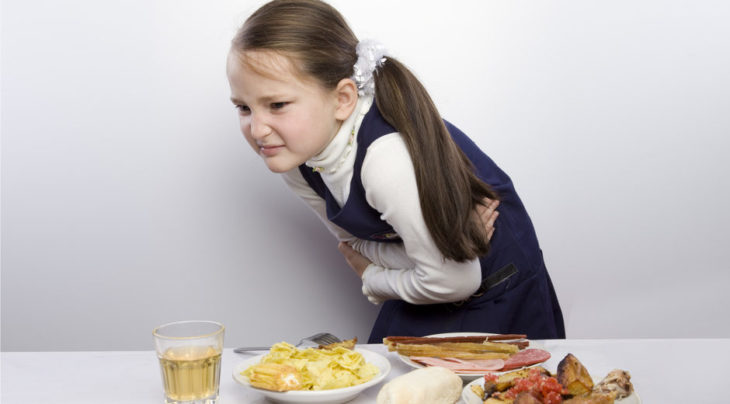In case you have stomach pain, diarrhea, feel nauseous, and you vomit often, it’s quite possible you have food poisoning. There is, however, a possibility that it’s simply a virus infection or that you just had too much to drink last night. If you didn’t have any alcohol, you’re left with either a virus or food poisoning. The symptoms of food poisoning can vary from mild to severe and depending on the severity, you can make a decision to visit a doctor or stay at home. In case the symptoms aren’t that bad, then simply follow these tips and you’ll be good as new in no time. If, on the other hand, the symptoms are pretty bad and last for more than a couple of days, you should consider visiting your doctor.

Source: medicalnewstoday.com
Drink enough water
Considering that with food poisoning comes diarrhea that will cause you to lose a lot of water, you have to make sure to drink enough water in order to prevent yourself from dehydrating. Stay away from sugary beverages, coffee, milk, or tea as that can upset your stomach further. Water, sports beverages, and some clear juices are recommended. Keeping yourself hydrated is crucial.
When to visit a doctor
If your symptoms don’t go away after a few days, you have a really high fever, you’ve been vomiting a lot, or you have signs of bloody stool, you should definitely consider visiting your doctor. Your doctor might give you Cipro, which is a medication used in case of a bacterial infection and you can read more about it here. However, remember to never self-medicate. This medication will work only if the cause of your symptoms is bacterial infection. If it’s a virus, antibiotics will not be doing anything and misusing antibiotics can be really dangerous.

Source: Medicentres
Think before you eat
Food poisoning will traumatize your stomach and your whole digestive track will suffer. That’s why you need to pay attention to what you’re eating. Some mild food such as yogurt, bread, bananas, oatmeal, boiled vegetables, gelatin, saltine crackers, or rice can be good for you. On the other hand, you should avoid spicy, greasy, and fried food. Also, remember to keep drinking water. You don’t want to add dehydration to the list of your problems. Also, some teas such as chamomile, peppermint, and dandelion can help you calm an upset stomach.
There are certain medications you can get without a prescription, but you should check with your doctor nevertheless as your body uses vomiting and diarrhea to get rid of the toxin.
Sometimes, if the symptoms are really severe, hydration with intravenous fluids at the hospital might be necessary.
How to prevent food poisoning?
You have to handle your food safely. Certain types of food such as meat, poultry, eggs, and some seafood are more likely to carry infectious agents that might give you food poisoning. You can avoid that by preparing your food properly, meaning cooking it and washing it before you eat it. Sushi is also more likely to give you food poisoning as you’re eating raw fish.

